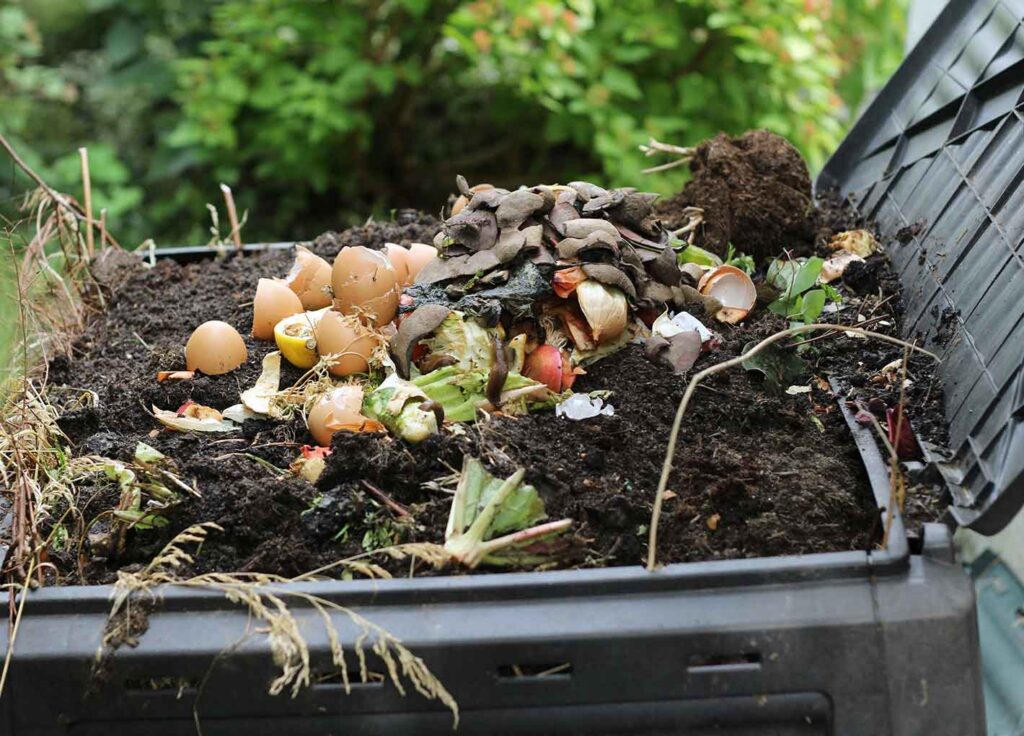NSW mandates FOGO collection services
NSW mandates FOGO collection services
NSW Parliament just passed legislation to mandate FOGO collection services for households by 2030, and for businesses & institutions from 2026

Intro
In a landmark move to combat escalating waste management challenges, New South Wales (NSW) has enacted legislation mandating the statewide adoption of Food Organics and Garden Organics (FOGO) recycling services. This initiative aims to significantly reduce the volume of organic waste directed to landfills, thereby addressing environmental concerns and promoting sustainable waste practices.
Legislative Framework and Implementation Timeline
The NSW Parliament has stipulated that all local councils must provide FOGO collection services to households receiving residual waste collection by July 1, 2030. This directive ensures that organic waste, which constitutes a substantial portion of household refuse, is systematically diverted from landfills. Additionally, the legislation outlines a phased approach for businesses and institutions, with the largest organic waste producers required to implement source-separated food organics collection services starting July 1, 2026. This staggered timeline allows for a structured transition, accommodating the varying capacities of enterprises to adapt to the new requirements.
Support and Resources for Effective Transition
To facilitate this comprehensive rollout, the NSW Government has allocated $81 million to assist councils in establishing and enhancing FOGO services. These funds are designated for procuring necessary infrastructure such as bins and kitchen caddies, conducting contamination audits, and implementing community education programs to ensure public awareness and participation. Recognizing the unique challenges faced by multi-unit dwellings, an additional $9 million has been earmarked to support the adoption of FOGO systems in these complexes. This financial commitment underscores the government’s dedication to a seamless and effective transition towards sustainable waste management practices.
Operational Guidelines and Best Practices
The Environmental Protection Authority (EPA) has developed a comprehensive best practice guide to assist councils in the deployment of FOGO kerbside collection services. This guide amalgamates insights from local and international research, as well as practical experiences from NSW councils that have pioneered FOGO services over the past two decades. It delineates the benefits of FOGO, strategies to maximize resource recovery, and methods to minimize contamination levels. The guide also provides detailed instructions on planning and executing the rollout, ensuring that councils are well-equipped to manage the transition effectively.
Anticipated Environmental and Community Impact
The implementation of FOGO services is projected to yield substantial environmental benefits. By diverting organic waste from landfills, the initiative aims to mitigate greenhouse gas emissions, with estimates suggesting a reduction of approximately 132,000 tonnes of CO₂ annually. The processed organic material will be converted into high-quality compost, which can be utilized to enrich soil in parks, sports fields, and agricultural lands, thereby promoting a circular economy. However, the success of this program is contingent upon active community engagement and adherence to proper waste segregation practices. Public education campaigns will play a pivotal role in informing residents about the correct disposal methods to prevent contamination and ensure the efficiency of the composting process.
Challenges and Community Feedback
Despite the promising outlook, the transition to FOGO services has encountered challenges, particularly concerning bin collection frequencies and associated hygiene issues. In some councils, the introduction of FOGO bins has been accompanied by a shift to fortnightly collection of general waste bins, leading to resident complaints about odors and pest infestations. For instance, in Sydney’s Inner West, the reduction in general waste collection frequency has resulted in reports of unpleasant smells and increased maggot infestations, prompting debates about the balance between environmental initiatives and public health considerations. These experiences highlight the necessity for councils to tailor waste collection schedules to the specific needs of their communities, ensuring that environmental benefits do not come at the expense of resident well-being.
Summary
The statewide mandate for FOGO recycling in NSW represents a significant stride towards sustainable waste management and environmental conservation. While the initiative promises considerable ecological benefits, its success will depend on meticulous planning, adequate resource allocation, and robust community engagement. By addressing operational challenges and fostering public participation, NSW aims to set a precedent in effective organic waste management, contributing to a more sustainable future.


